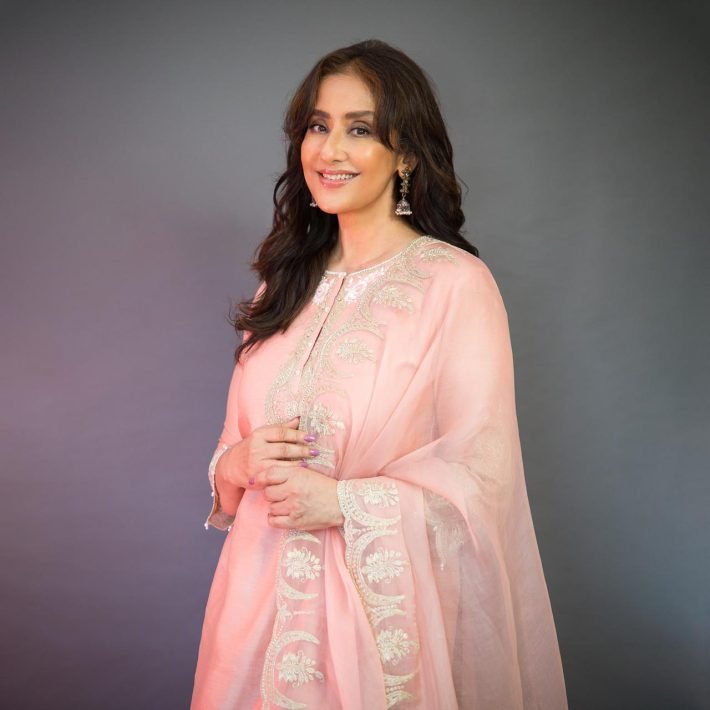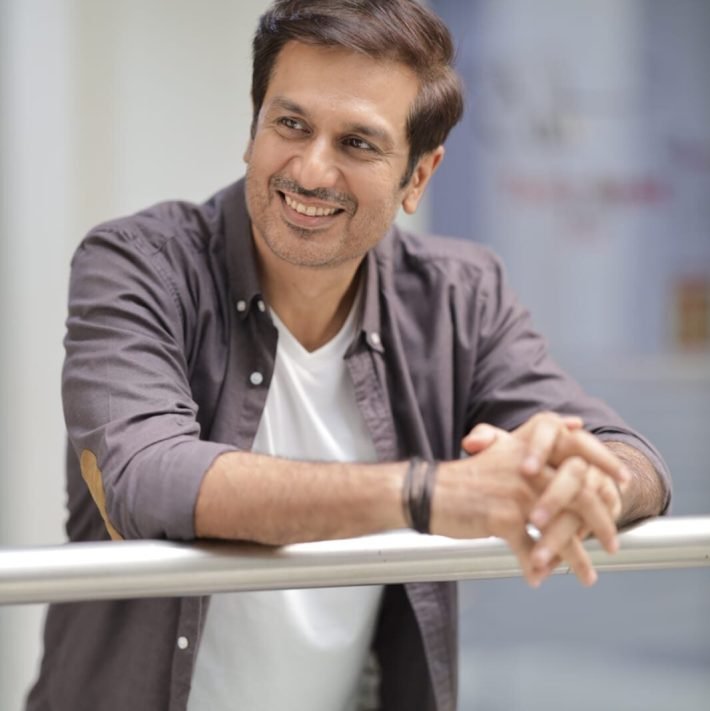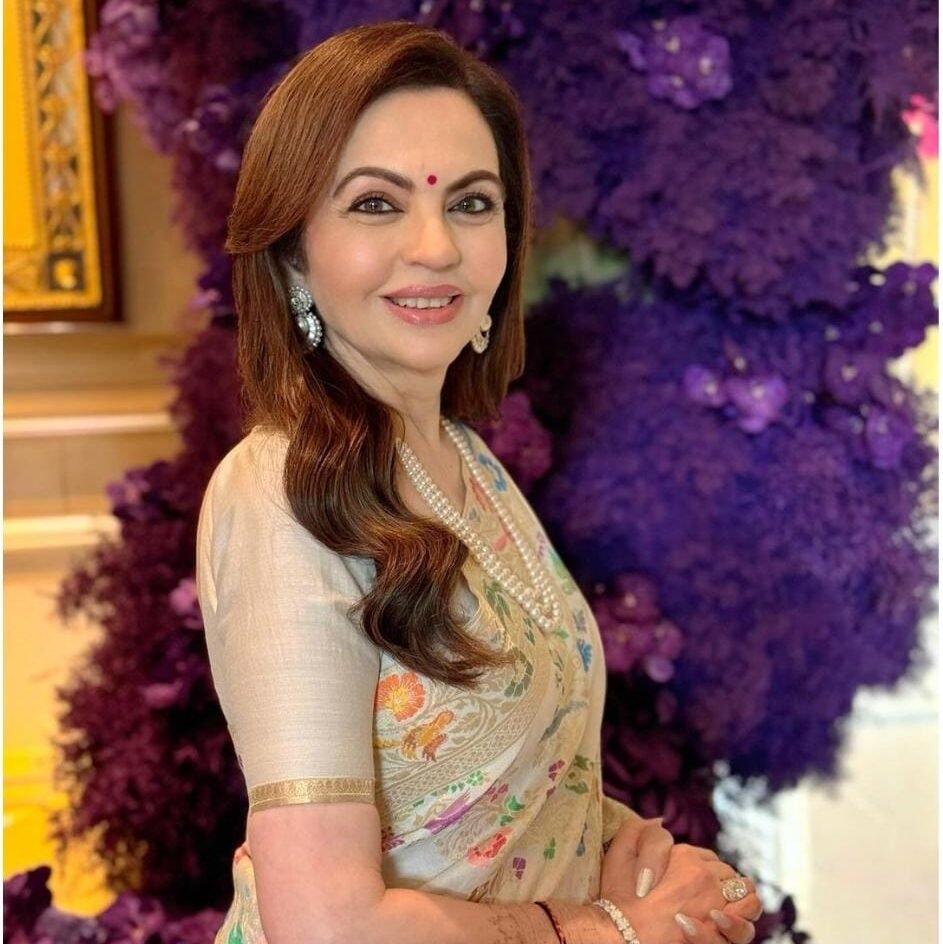20,000 – that’s the number of babies India’s leading fertility expert Dr Firuza Parikh has helped bring into the world. The sadness in the eyes of infertile couples had inspired her to specialise in infertility management. Dr Firuza shares insights into her vocation and journey, her pioneering techniques, challenges faced, exciting developments, and more.
By Nichola Marie

Driven by her passion to help couples overcome fertility issues and build the families they long for, it has been a long journey, but one she wouldn’t trade for anything. Most recently, Dr Firuza reached the milestone of delivering 20,000 IVF babies. The momentous occasion was marked by a huge celebration by Jaslok-FertilTree at Trident Hotel in Mumbai with performances by “her babies” and appearances by celebrities like Farah Khan Kunder, Shobhaa De and Tusshar Kapoor.
Excerpts from the interview…
As Director of Jaslok-FertilTree International Fertility Centre, you have enabled the birth of more than 20,000 babies. What is the feeling like?
Exhilarating! It has been such a fulfilling journey of 34 years. Seeing all these children gives me unsurpassable joy!

The event to celebrate this milestone saw you interacting warmly with many of ‘your’ babies. You seem to take a personal sense of pride in them.
Indeed! My family often teases me when they say that these are ‘my’ babies. I feel a deep sense of love and attachment to them and follow their careers into adulthood and even into parenthood.
What spurred your interest in this field of medical science, which saw you training in IVF and reproductive endocrinology at the Yale University School of Medicine in the United States? Was there any reason you chose to return to India to practise?

My science teacher Mrs Talpade at the Alexandra Girls English Institution instilled in me the love for Science. She told me one day that I would become a fine doctor. While doing my residency at Wadia Hospital in Mumbai, I saw the sadness in the eyes of infertile couples and decided to specialise in infertility management.

Fortunately, I got a fellowship at Yale University School of Medicine under the mentorship of Dr Alan DeCherney. My husband Rajesh, the first neuropsychiatrist in India, was training at John Hopkins University Hospital in Baltimore under the mentorship of Dr Robert Robinson. We were both very clear in our intent to return to our family in India. Although both of us received many job offers, we decided we wanted to be with our families and have our children grow up in India.
What were some of the challenges you encountered in this field, which was, to some extent, shrouded in mystery?

The biggest challenge that we faced initially was performing IVF for couples where the male partner had a severely compromised sperm count. The chances of pregnancy for such couples were close to zero. There was a paradigm shift in pregnancy rates when I introduced ICSI in India. The challenge that I faced after our initial success was that we had a deluge of patients wanting the treatment and my appointments were filled up for the next six months. Another challenge that still exists is repeated implantation failure, where despite transferring excellent quality embryos, conception does not occur. We did some original research on this and found that women with genital tuberculosis were very likely to have repeated failed cycles. Hence, early detection and treatment of genital TB leads to better results.

What are some of the myths regarding IVF that still exist?

There are several myths that surround IVF. The common ones are:

• Complete bed rest is required after IVF
• Coughing and sneezing after embryo transfer would dislodge the embryo from the uterus
• Eating spicy food causes IVF to fail
• IVF only results in baby girls
• IVF causes cancer
Most of these myths are debunked with proper counselling of the couple. I have covered them extensively in my book: ‘The Complete Guide To Becoming Pregnant’ published by Penguin Random House.
Understanding IVF
Dr Firuza explains the process…

The IVF process mimics nature. It performs the seven steps required for fertilisation. The start of the cycle begins with the period. Hormonal injections are administered to the woman. These help in the recruitment of multiple eggs. Sonography scans follow the development of the eggs. When the follicles mature, a trigger injection is given to mature the oocytes. Thirty-six hours later, the eggs are gently aspirated by an ultrasound technique and placed in the warm environment of an incubator. Semen is collected the same day and the best sperm are isolated using laboratory techniques. Then a single sperm is injected with the help of a micropipette into the oocyte by the technique of intracytoplasmic sperm injection (ICSI). Once the oocyte fertilises, it is allowed to grow in the incubator for five days. At this point it is called a blastocyst. The ball-shaped embryo is then either transferred into the uterus or frozen. Once transferred, a pregnancy test is carried out 14 days later. The pregnancy is then monitored very closely.
Is IVF largely for the affluent or is that scenario changing?

The process of IVF can be financially challenging because the hormone injections used for IVF are expensive as are the equipment, instruments and disposables used in the procedure. However, IVF is more affordable now than before.
As IVF has grown in popularity over the years, there are also cases of unethical practices. What would be your advice to couples who wish to seek treatment?

I would advise couples seeking IVF treatment to look into the reputation of the clinic and the team of doctors. Word-of-mouth is a powerful tool in selecting the right doctor. It is important to select a doctor who can patiently answer your questions, shows compassion and empathy, is scientific, and does not inflate the clinic’s pregnancy rates. Besides, it is important to select someone with scientific knowledge and one who is updated in the science of IVF.
What are some of the advancements in the field that have you excited for the future?

The field of genetics and genomics is a recent addition to IVF. Preimplantation genetic testing helps select genetically normal embryos. At Jaslok-FertilTree, we have pioneered this technique and have many children born free of genetic diseases like thalassemia, sickle cell disease, Duchenne muscular disease and Leigh syndrome, to name a few. We have also helped cure children with thalassemia major by creating a saviour sibling free of disease with matching genes so that the stem cells of the younger sibling can be transferred into the older sibling, thereby curing the child of thalassemia major. The future of IVF is exciting!












